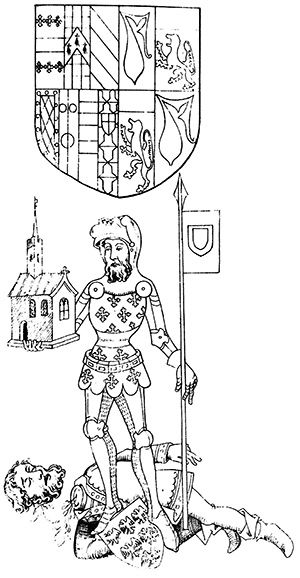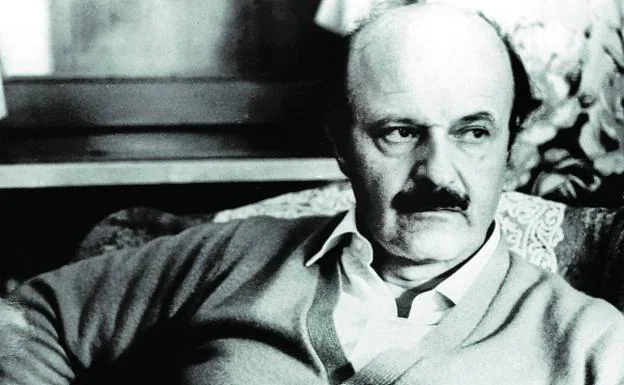June 19, 1865 -
Marching his troops into Galvaston, Texas, Union General Gordon Granger announced the emancipation of slaves on this date.
The day has become known as Juneteenth or Emancipation Day.
If you find yourself lost, begin to make a martini. Soon, someone will arrive to show you how to make it differently - the British Army Officers Survival Manual
It may not make life's problems disappear, but it'll certainly reduce their size. - Frank Sinatra (or Dean Martin)
The three-martini lunch is the epitome of American efficiency. Where else can you get an earful, a bellyful and a snootful at the same time?
The elixir of quietude - E. B. White
Unlike an aperitif, which is soft and bitter and prepares your body for a meal, a Martini is a cocktail. A cocktail is a social anaesthetic. It marks the end of the work day by ensuring that you’ll be in no condition to return to work or to even discuss it coherently after drinking a few of them – it's not socially acceptable to walk out the office and shoot each other with a tranquilliser dart, so instead we have a Martini.
Who knew?
Today is National Martini Day! Once again, the world seems to have fallen in line and now celebrates our National Martini Day today as well. Well, why not celebrate now.
It's never too early for a martini, it just has to be GIN (preferably Bombay Sapphire) and bone dry (and for god sake, don't swallow the toothpick after eating the olive!)
June 19, 1954 -
... All the world loves a lover, but in this case, we'll make an exception.
The Tasmanian Devil, Taz, made his debut in the Looney Tunes cartoon, Devil May Hare, on this date.
June 19, 1957 -
The classic 50s teenage-horror film, I Was a Teenage Werewolf, starring Michael Landon, premiered on this date.
This was the film that came up with the popular title motif "I Was a *insert noun here*." Numerous films, songs, and books have paid homage to this film through their titles alone.
June 19, 1962 -
One of the great film-musicals from the 60s, The Music Man, premiered on this date.
Meredith Willson made more income off The Beatles' version of his song Till There Was You than he did off the play and the movie combined.
June 19, 1963 -
Columbia Pictures releases the Ray Harryhausen fantasy film Jason and the Argonauts, directed by Don Chaffey in the U.S. on this date.
While filming footage of the Argo off the coast of Italy, a replica of the Golden Hind sailed into view. The film Sir Francis Drake happened to be filming in the same location. Producer Charles H. Schneer shouted, "Get that ship out of here! You're in the wrong century!", dispelling any tensions that arose from both shots being lost.
June 19, 1965 -
The Four Tops' song I Can't Help Myself (Sugar Pie Honey Bunch) goes to #1 on the Billboard Charts, knocking off another Motown song: Back in My Arms Again by The Supremes. Both songs were written and produced by the team of Holland-Dozier-Holland.
Lead singer Levi Stubbs had not been satisfied with the recording session and was promised that he could do it again the following day, but no other session ever took place. The track that became a hit was just the second take of the song.
June 19, 1978 -
It was on this day that we got the first appearance of Garfield the Cat in the comics section.
In cat years, it would make that lasagna eating fur ball - gets out calculator and do some figuring, ….. Dead.
Word of the Day
Today in History:
June 19, 1312 -
Piers Gaveston, close personal friend of King Edward II of England, was beheaded after he attempted to return to Edward's side, having been banished for being too close a personal friend, on this date.
After succession to king, Edward appointed Gaveston as Earl of Cornwall for no other reason than being his close personal friend.
And for his troubles, Edward II ended his days developing rectalgia - a serious pain in his ass.
June 19, 1623 -
Blaise Pascal was born in France on this date (which worked out extremely well for him as he wanted to grow up to be French.)
At the age of 17 he wrote a paper entitled Essay on Conic Sections, which quickly became the best-selling paper on conic sections in European history and eventually inspired the classic French noir film, Death by Conic Section.
By the age of 18 Mr. Pascal had invented a calculator. Unfortunately he could not invent the battery, so he turned to religion.
And he meant to get around to it right away, but in 1647 he ended up proving the existence of a vacuum. The famous French philosopher Rene Descartes visited Pascal, inspected his vacuum, and bemoaned its lack of attachable hoses. This caused an epistemological split that has endured to the present day.
("The more I see of men," Pascal observed at about this time, "the better I like my dog." This was a famous quotation and can be found on many greeting cards.)
In 1653 he discovered Pascal's Law of Pressure. A year later he was involved in a carriage accident that reminded him he had turned to religion. He turned back to it.
He began work on his famous Pensées ("Blather") in 1656 and worked on it for three years. In the book, Pascal proved that if God didn't exist then believing in Him wouldn't hurt, whereas if He did exist, not believing would hurt like Hell.
It has been observed that if Pascal was wrong, not reading his book wouldn't hurt, and if he was right it wouldn't hurt either.
When he was 39, a malignant growth in his stomach spread to his brain and he died horribly, proving that unbearable pain is unbearable pain whatever you think of God or philosophy.
June 19, 1867 -
Emperor Maximilian of Mexico (Brian Aherne), unwitting stooge for Napoleon III (Claude Rains), was executed by firing squad on this date Although he bribed the seven riflemen to not shoot him in the head, one did anyway.
Bette Davis somehow figures into this as the Mad Empress Charlotta who just snapped when she returned to France to get help for her beleaguered husband. She lived in her private mad world for over 60 years, dying in the mid twenties of the next century.
So much for the privileges afforded royalty.
June 19, 1934 -
The Federal Communications Commission, perhaps the most wicked body of do-gooders ever to exist in the United States, was created.
These are the clowns that perfected the fine art of capricious and arbitrary.
June 19, 1945 –
It is not power that corrupts but fear. Fear of losing power corrupts those who wield it and fear of the scourge of power corrupts those who are subject to it.
Aung San Suu Kyi, Burmese politician and fallen from grace Nobel laureate was born on this date.
June 19, 1953 -
The day after the couple's 14th wedding anniversary, atomic spies Julius and Ethel Rosenberg were electrocuted at Sing-Sing Prison on this date, becoming the first civilians ever executed for espionage in American history. Five jolts of electricity were required to kill Ethel on this date. Ethel did not succumb immediately and was subjected to two more electrical charges before being pronounced dead. The chair was designed for a man of average size; and Ethel Rosenberg was a petite woman: this discrepancy resulted, it is claimed, in the electrodes fitting poorly and making poor electrical contact. Eyewitness testimony (as given by a newsreel report featured in The Atomic Cafe) describes smoke rising from her head.
That must have been a pretty sight.
While her husband Julius was on the Soviet payroll, according to recently released archives, is now clear that Ethel had no involvement in the espionage ring. For that matter, it is unclear how much Julius actually assisted the Soviet atomic bomb effort.
So much for American Justice.
June 19, 1982 -
Roberto Calvi, chairman of Banco Ambrosiano, was found hanging from Blackfriar's Bridge in London on this date. His death was initially ruled a suicide, though it was quite obviously murder; that assessment was later overturned. Calvi may have been killed because of his involvement in the laundering of drug money through the Vatican Bank.
This is part of the back story of Godfather III.
Roberto Calvi's life was insured for $10 million with Unione Italiana, and attempts by his family to obtain a payout resulted in litigation. Following the forensic report of 2002 which established that Calvi was murdered, the policy was finally paid out, although around half of the sum was paid to creditors of the Calvi family who had incurred considerable costs during their attempts to establish that Calvi had been murdered.
So much for Italian justice.
And so it goes.









No comments:
Post a Comment